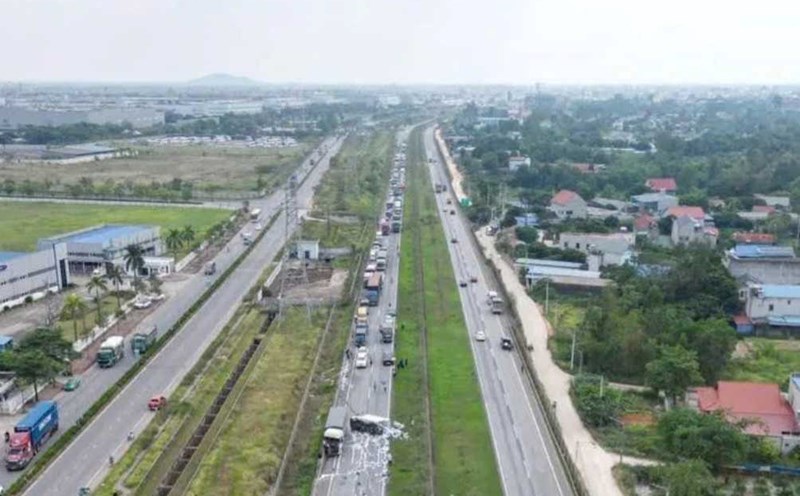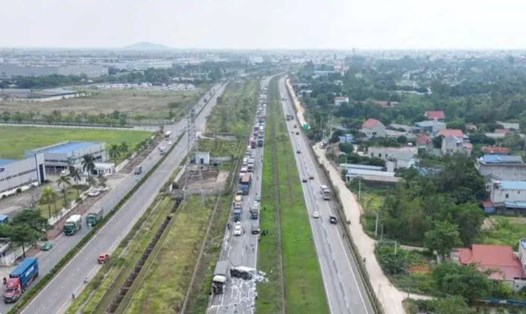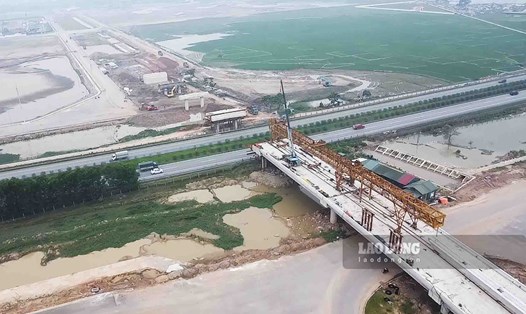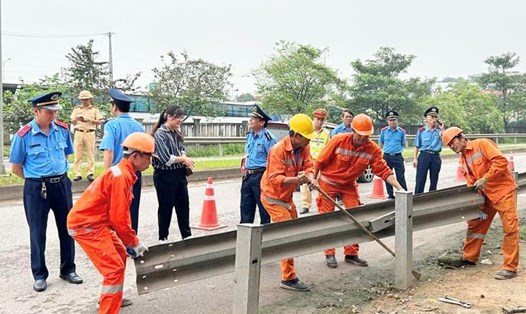The Hanoi - Thai Nguyen Expressway began operation in January 2014 with a length of 64km. At that time, this was the longest expressway in Vietnam.
After 10 years, the Hanoi - Thai Nguyen expressway and 11 expressway sections owned and directly managed by the State will begin to collect tolls, expected to begin in early 2025.
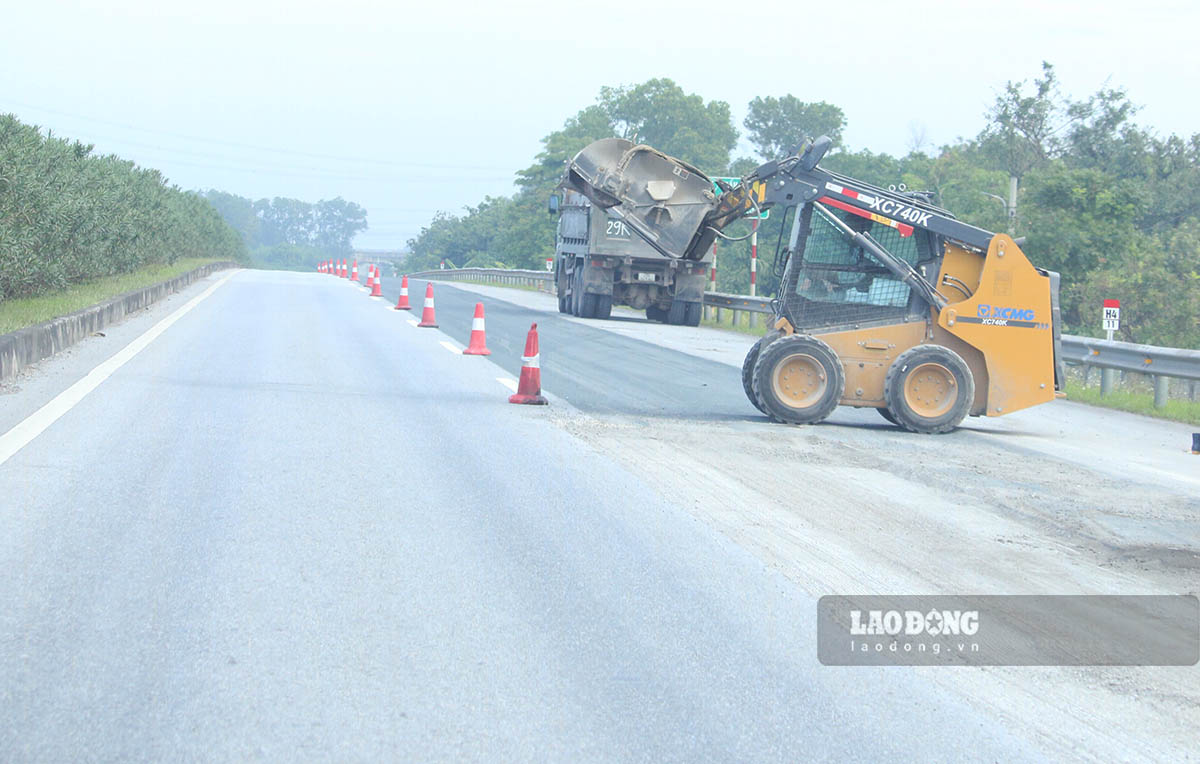
Before collecting tolls, PV recorded at the Hanoi - Thai Nguyen expressway at the end of November 2024, the repair work was being urgently implemented. Some subsidence sections were scraped and paved. Expansion joints on some bridges were replaced.
Regularly transporting passengers on the Hanoi - Thai Nguyen highway, driver Nguyen Van Dong (Pho Yen city, Thai Nguyen province) said that the toll collection in early 2025 surprised and worried many people.
"The toll collection is reasonable, but we must pay attention to the issue of road quality. On the Hanoi - Thai Nguyen highway, there are many degraded locations, especially the subsidence of the road surface, which is dangerous for drivers at high speed.
In mid-October, a truck lost control and caused an accident that blocked the highway for hours. If there is a toll, the road must be repaired synchronously. If we repair it a little bit at a time, it will quickly deteriorate again," said Mr. Dong.
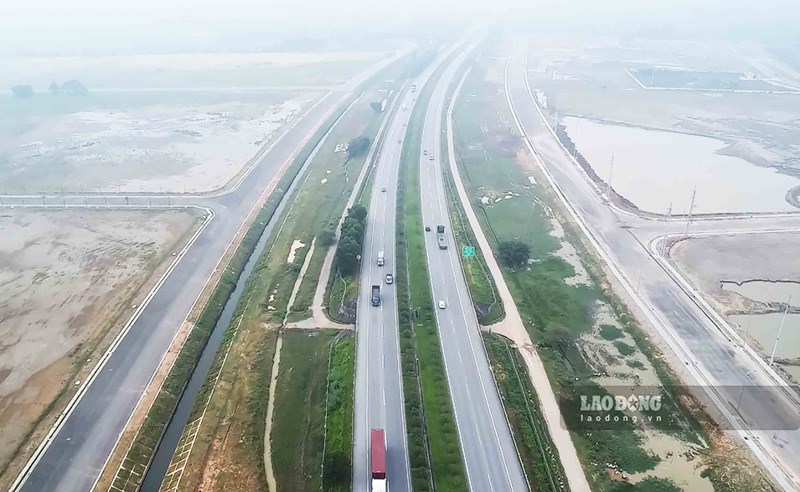
According to Mr. Dong, the biggest concern is that the implementation of toll collection on the expressway will cause overloading of the old National Highway 3. This is also the main route from Thai Nguyen to neighboring areas. In particular, the load issue must be strictly controlled.
Sharing the same opinion, driver Nguyen Manh Hung (Thai Nguyen City) said that if the highway collects tolls, the number of vehicles going to National Highway 3 will certainly increase. There needs to be a reasonable fee, not like the usual BOT stations. At the same time, we must calculate a plan to avoid overloading the old National Highway 3.
"In addition to the degraded quality of the Hanoi - Thai Nguyen highway, there are also many practice cars running on it, causing danger to other vehicles.
Hopefully, the toll collection period will improve the quality of the road surface, load management, and vehicle training. Minimize the risk of accidents along the entire route, and some locations connecting to the expressway," Mr. Hung shared.
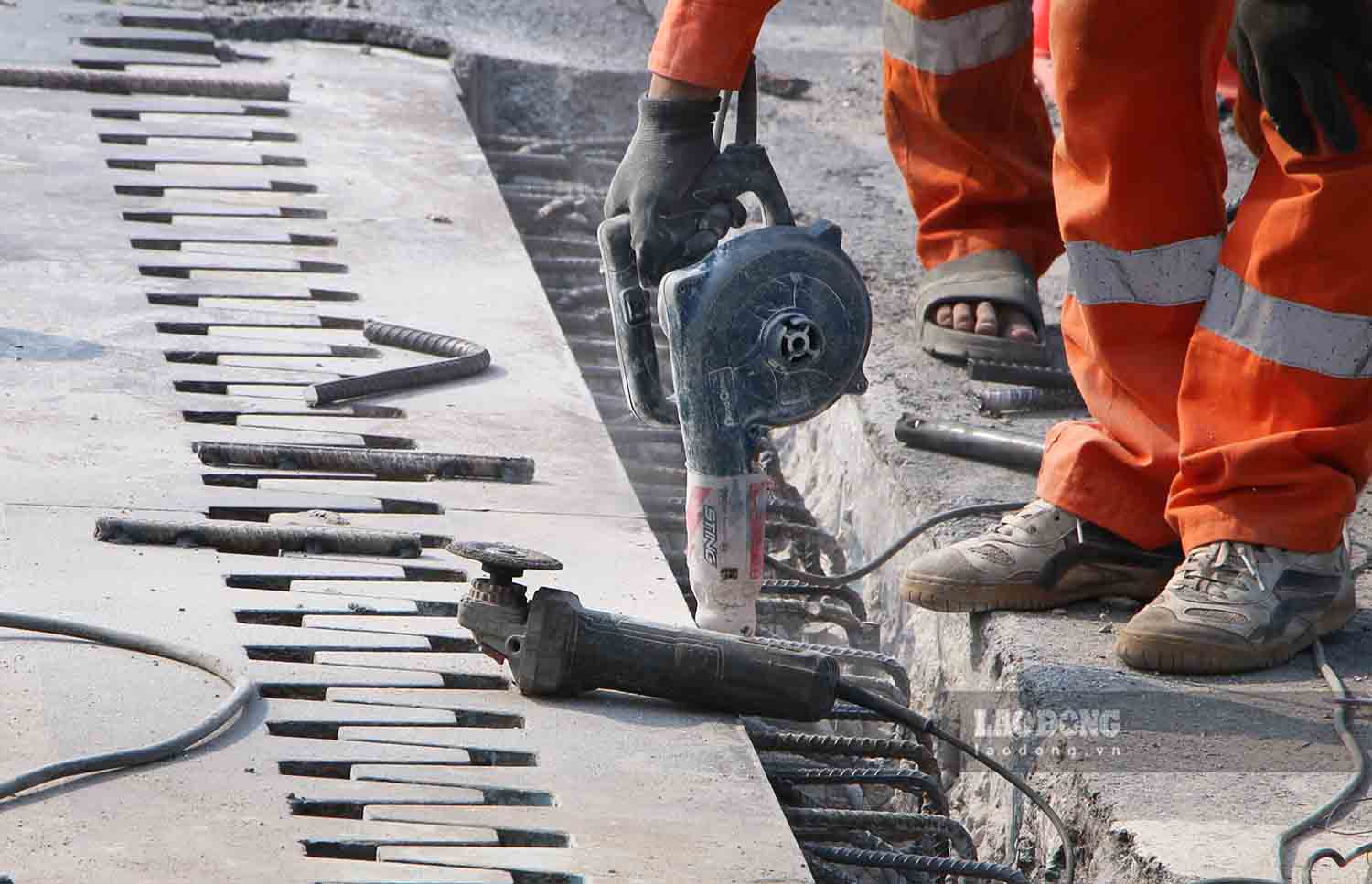
According to Mr. Nguyen Van Thanh - former Chairman of the Vietnam Automobile Transport Association, collecting fees on highways invested by the State is appropriate.
"These routes are invested from people's taxes, so the toll fee needs to be reduced by at least 30% compared to the toll fee at existing BOT stations to reduce the cost burden for vehicle owners. On the other hand, it contributes to stabilizing transportation activities," Mr. Thanh commented.
The Hanoi - Thai Nguyen Expressway has a total investment of more than 10,000 billion VND from ODA loans and domestic counterpart funds. Since its inauguration, this expressway has not collected tolls.
The new Road Law, which will take effect from January 1, 2025, stipulates that tolls will be collected on state-invested highways. Currently, management agencies are calculating toll rates to ensure the interests of the people are balanced.

